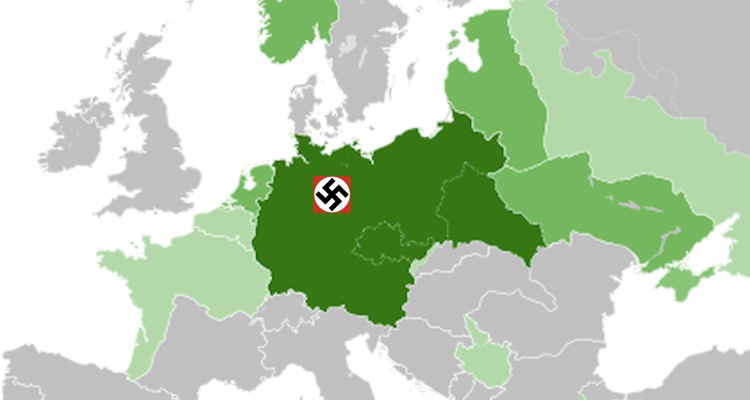Causation and Consequences
Wars begin for a variety of reasons—to spread or combat an ideology, to gain or defend territory, to punish a nation for some real or perceived wrong, prompted by some minor dynastic struggle or even resulting from a calculated misrepresentation of actual events. Once begun, military conflicts—whether between nations, members of different ethnic groups or adherents of differing faiths—all tend to include the same ingredients.
There is, of course, actual combat, the struggle of armed forces over well-defined battlefields or, increasingly, across far-flung cityscapes whose residents are suddenly thrown into the midst of combat. There is also the accompanying war of words, ideas and beliefs, in which each side attempts to justify itself to its own people and to the larger world, while at the same time working to vilify the enemy and undercut support for him both at home and abroad. And, of course, there are the concurrent diplomatic and financial battles, as the war’s participants seek to achieve through other means what they might not be able to accomplish with weapons.
Yet those who fight wars, either as aggressor or victim, all have the same ultimate goal: to conclude the conflict as quickly and successfully as possible, hopefully at the lowest cost in blood and treasure. Whether the war lasts six days or 30 years, the purpose is to defeat the enemy and prevent the destruction of one’s own homeland, culture or political system. Nations that revel in the conduct of war for its own sake, without regard for its costs or consequences, seldom survive.
When wars finally do end, the victors seek to ritually demonstrate the superiority of their cause and the extent of their martial prowess. The demonstrations have historically involved the execution of a defeated monarch, a parade of captives, the destruction of an enemy capital or, in more recent times, solemn surrender ceremonies aboard mighty warships. However conducted, the event has conveyed one clear message: We won, you lost, and the war is definitively over.
Until, of course, the next time.





